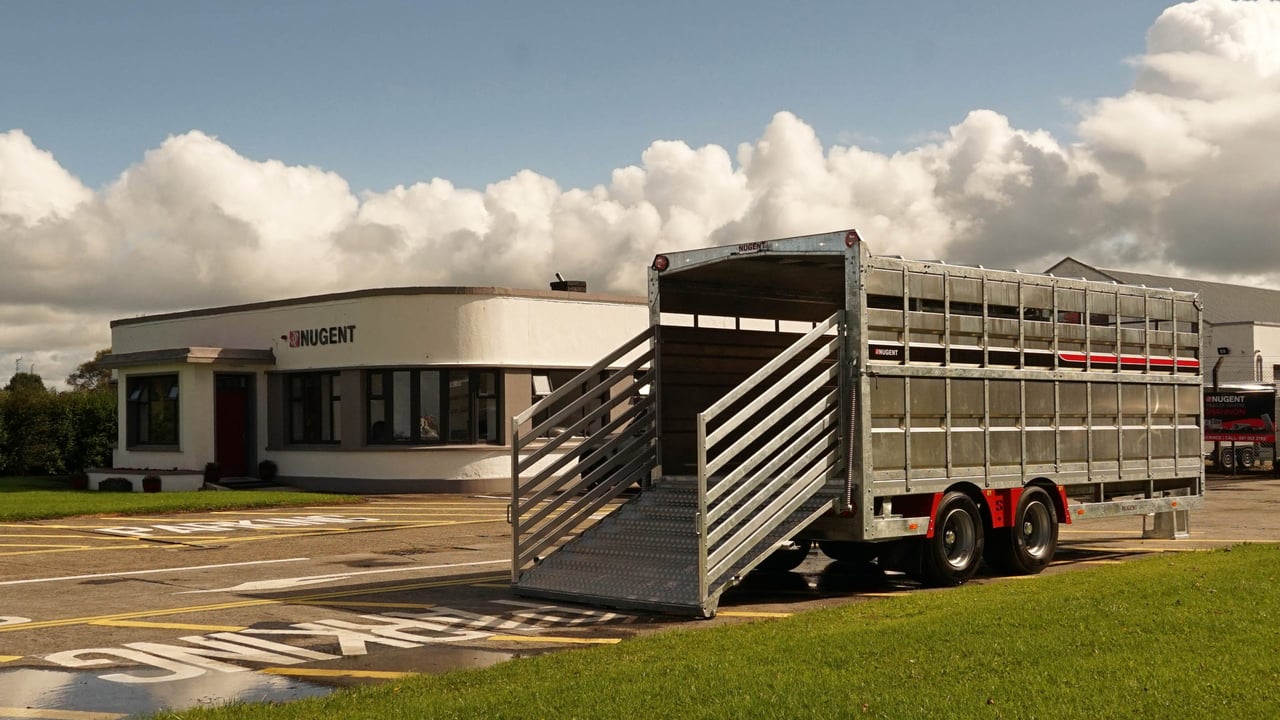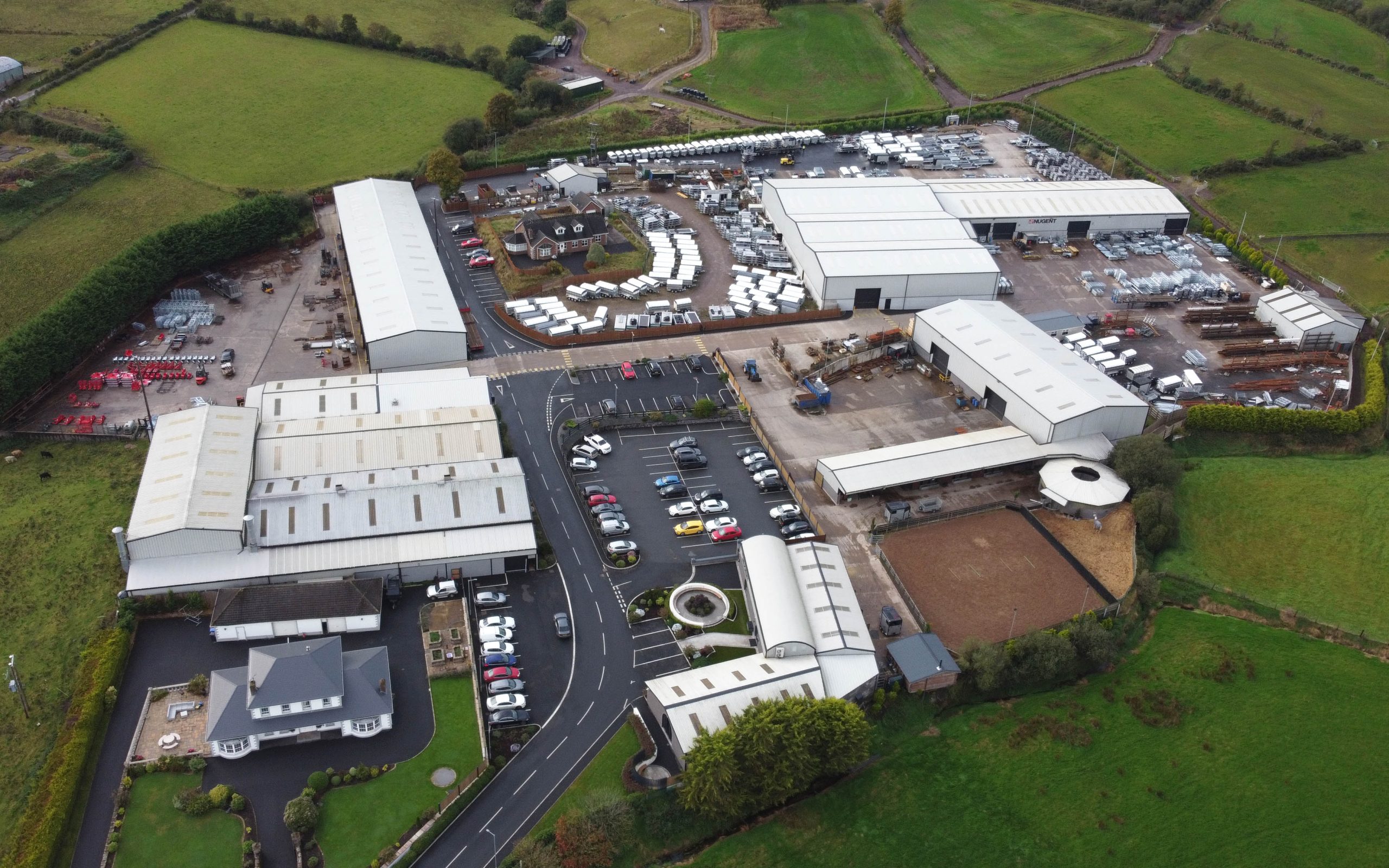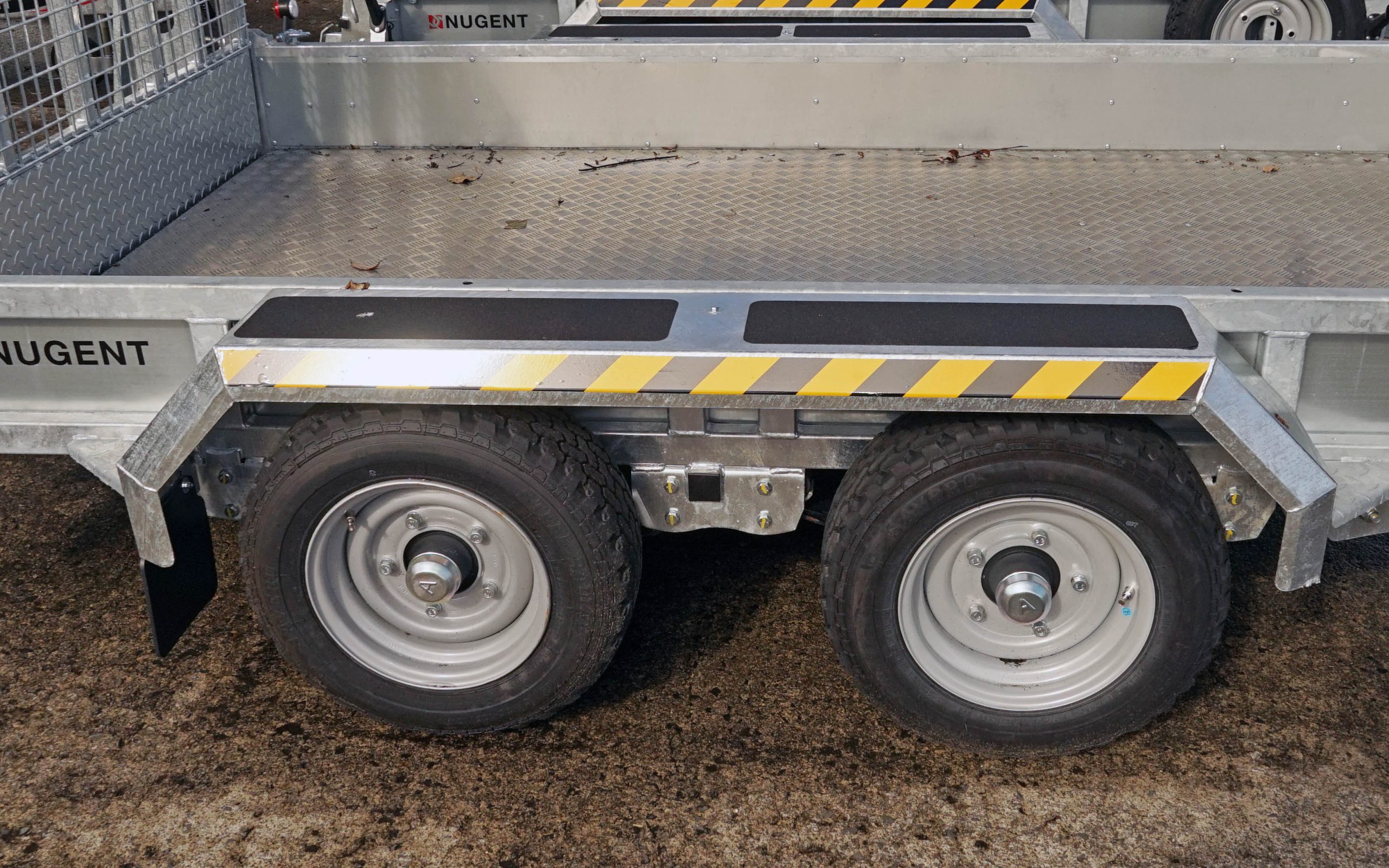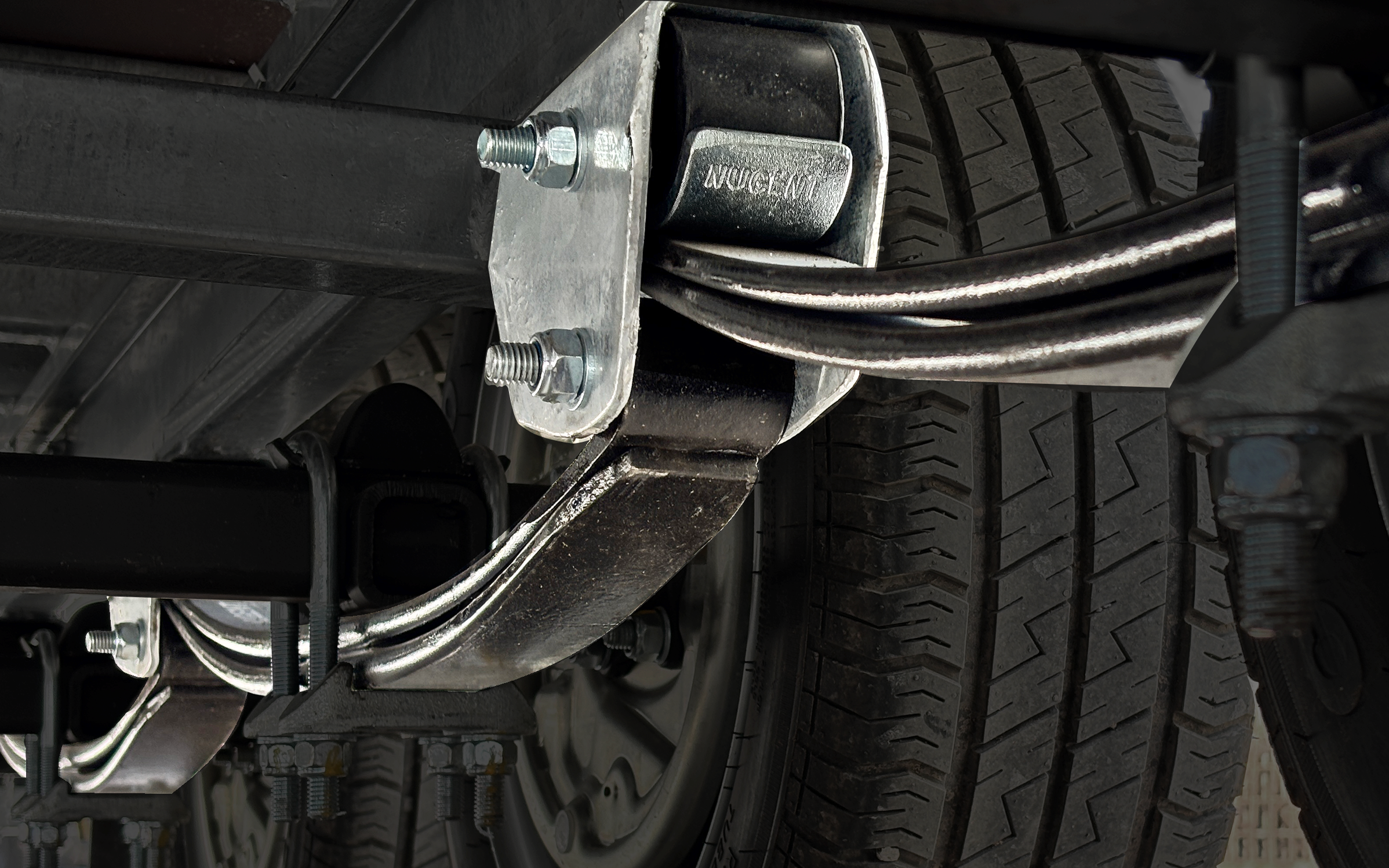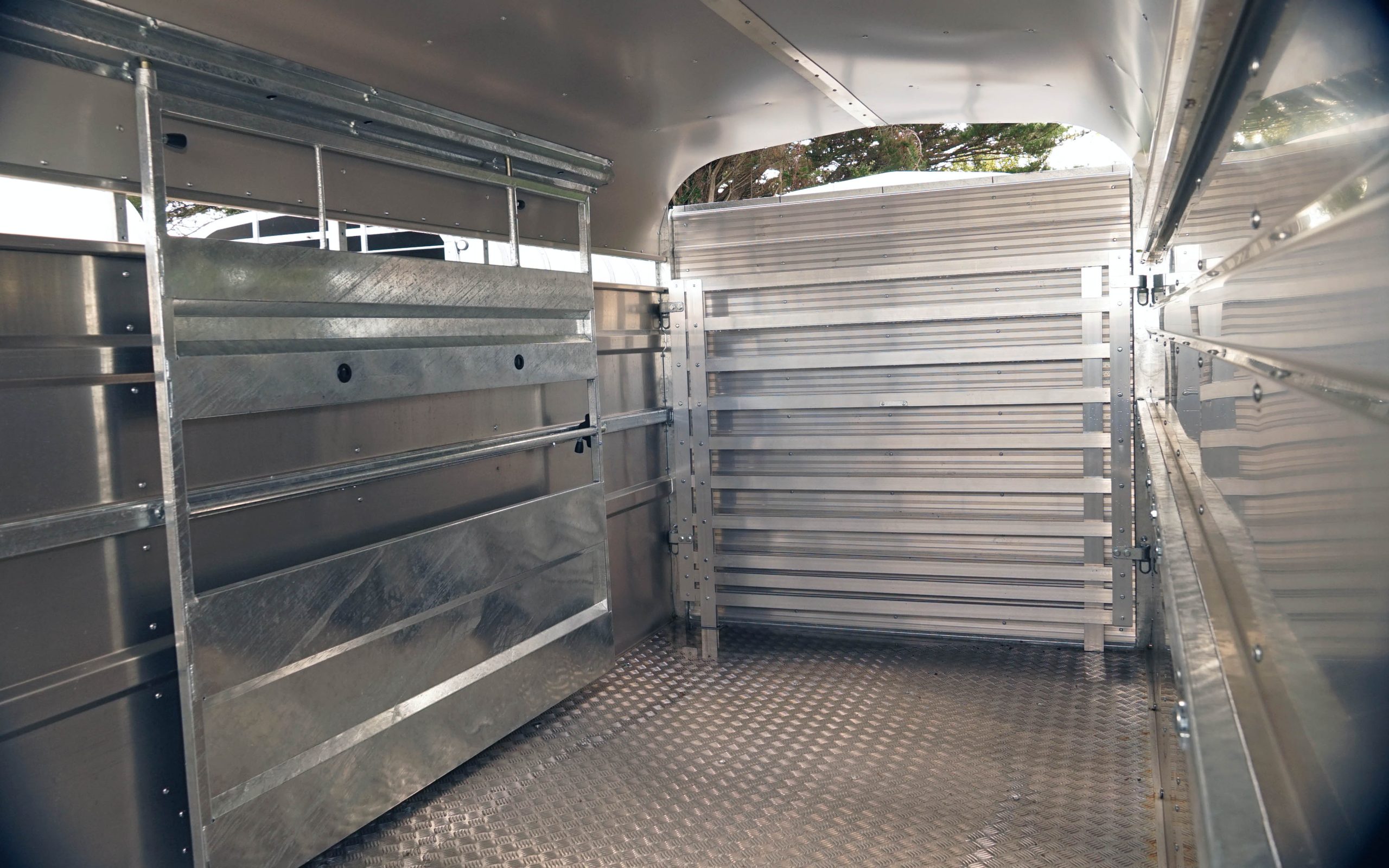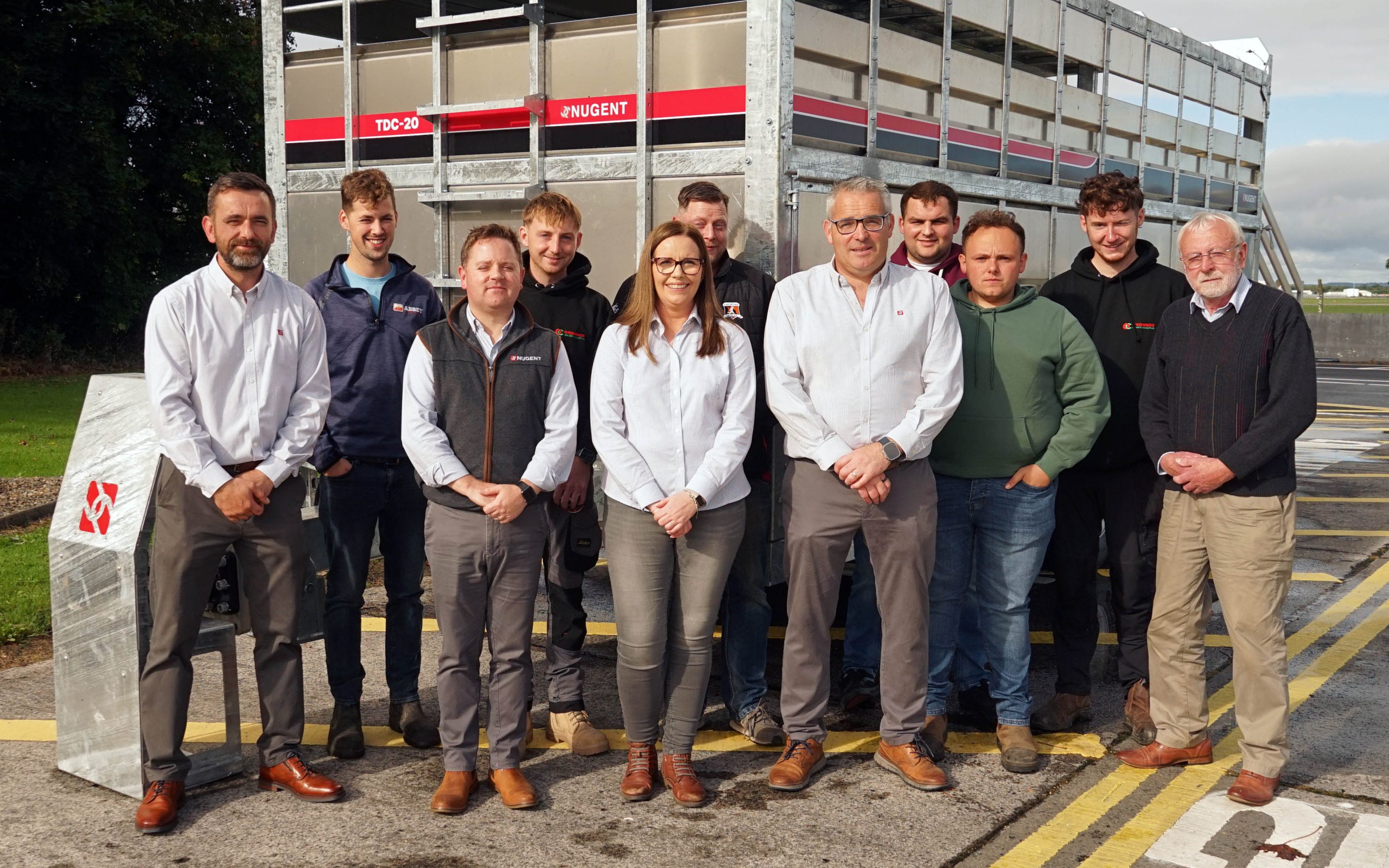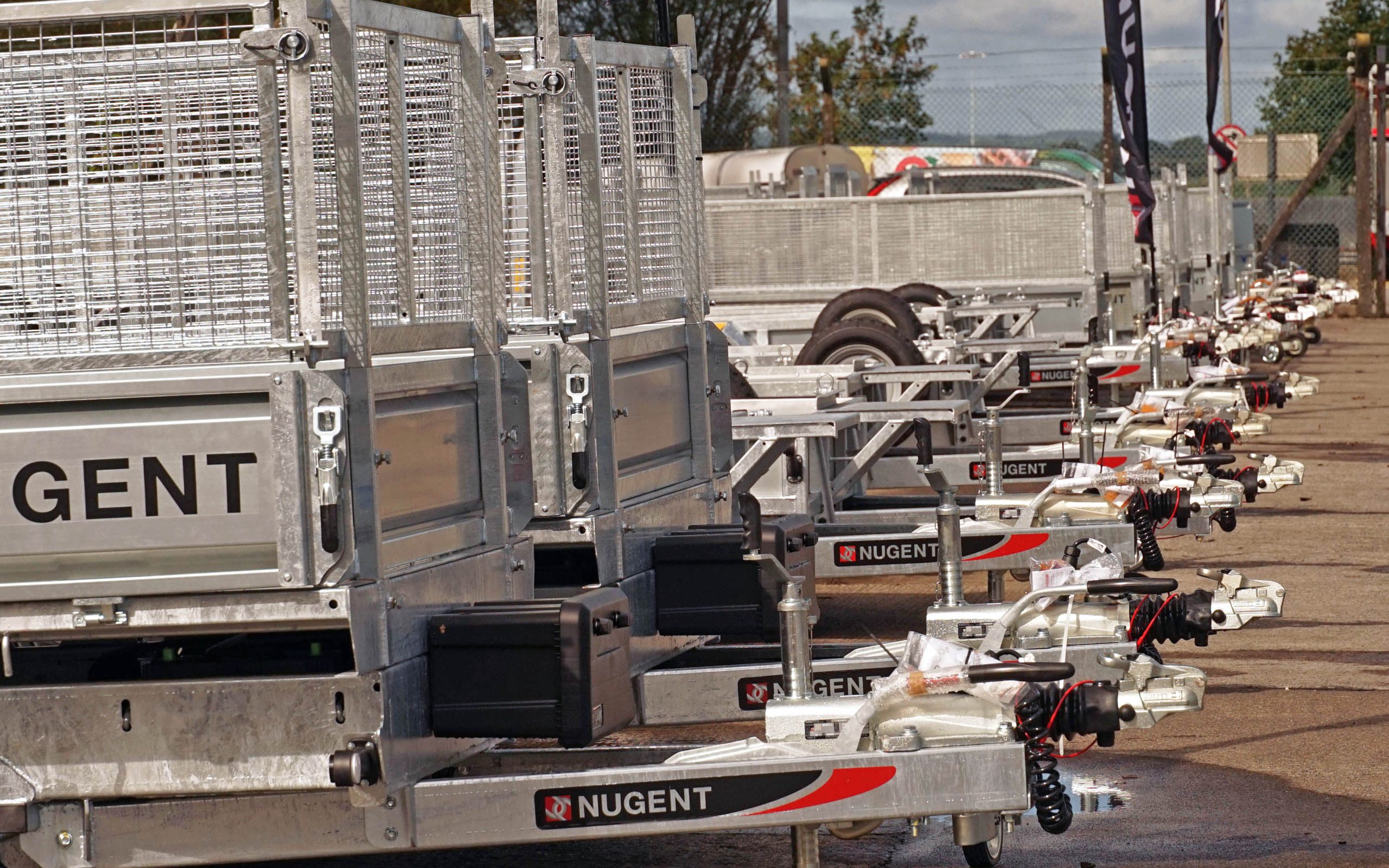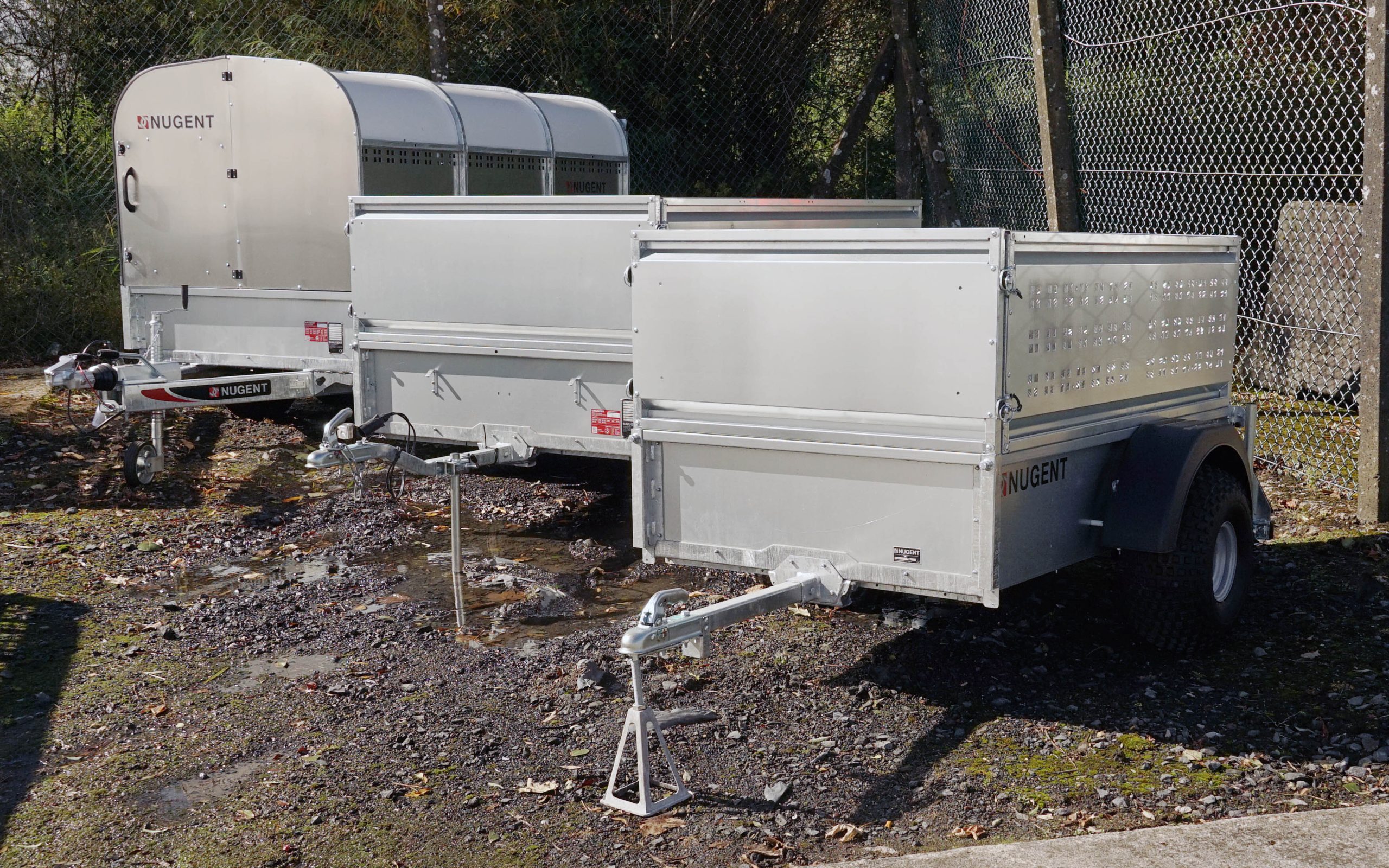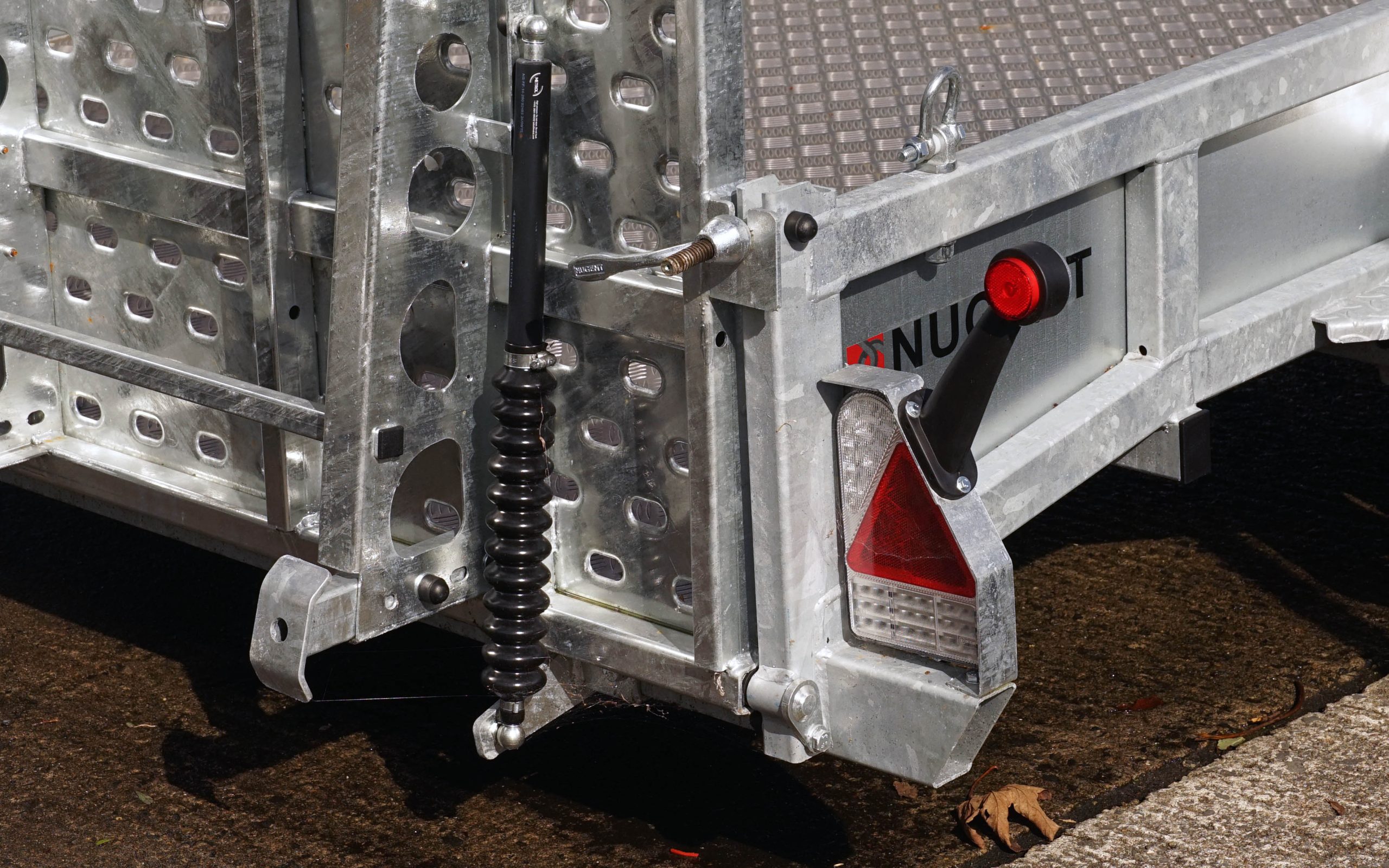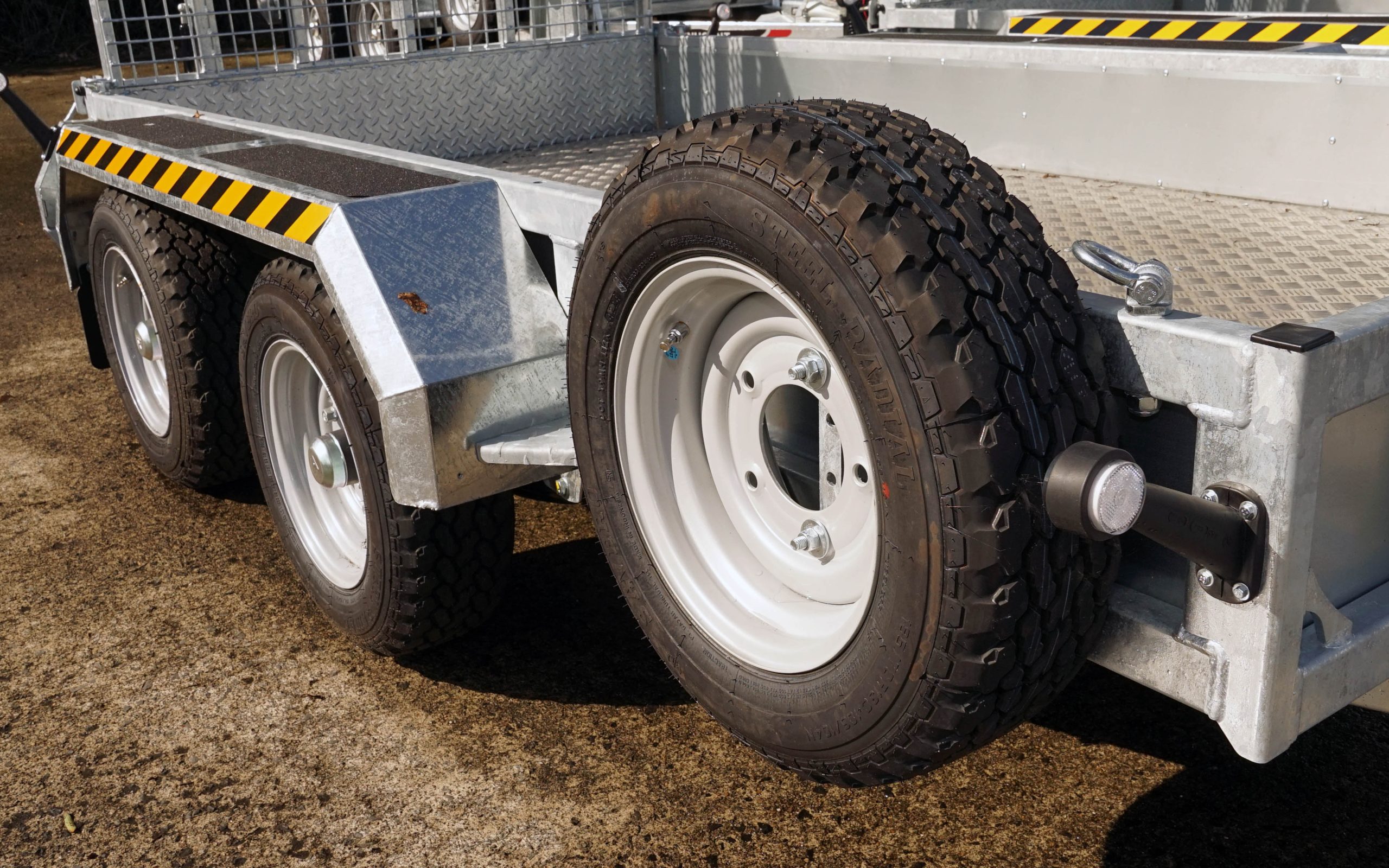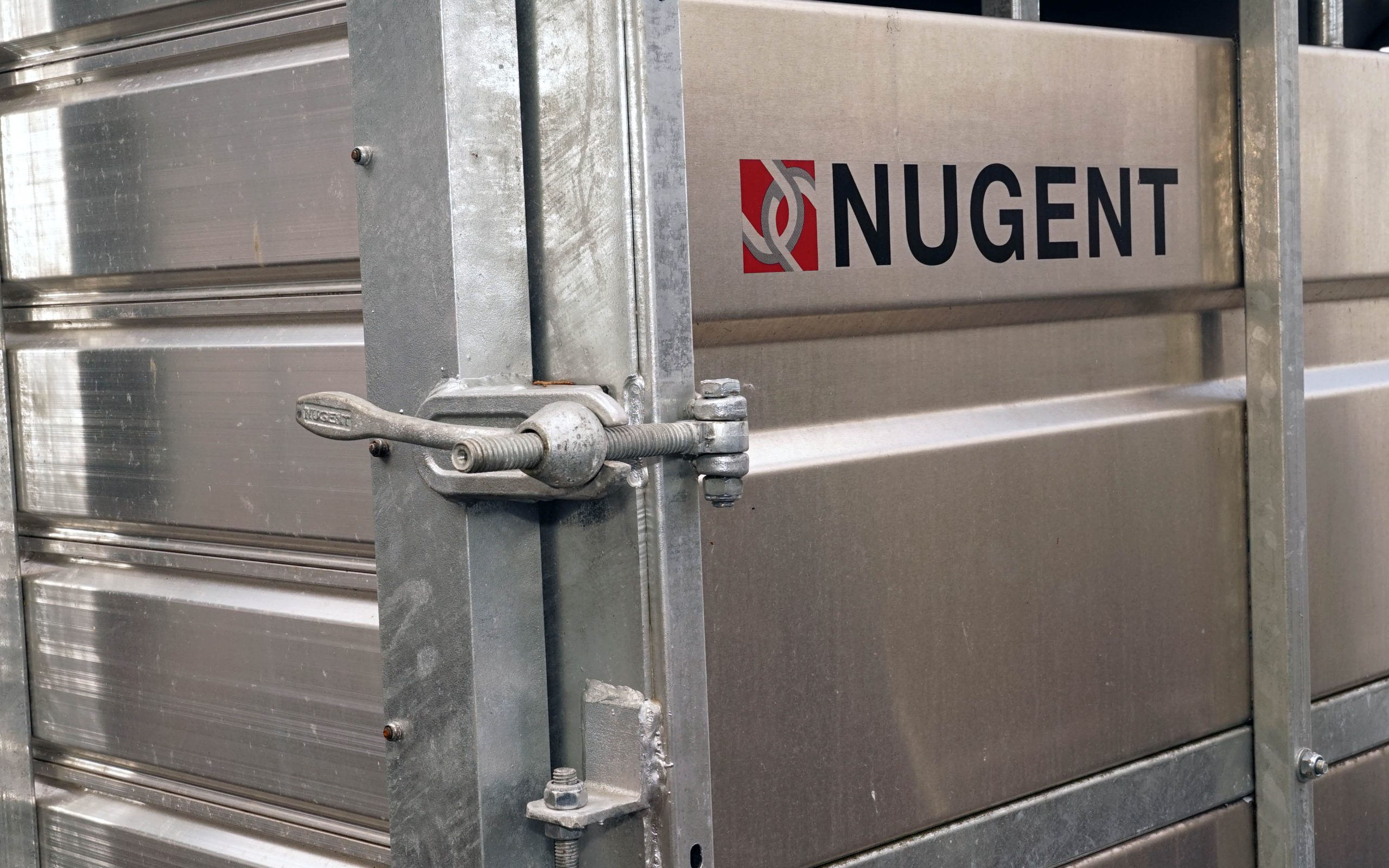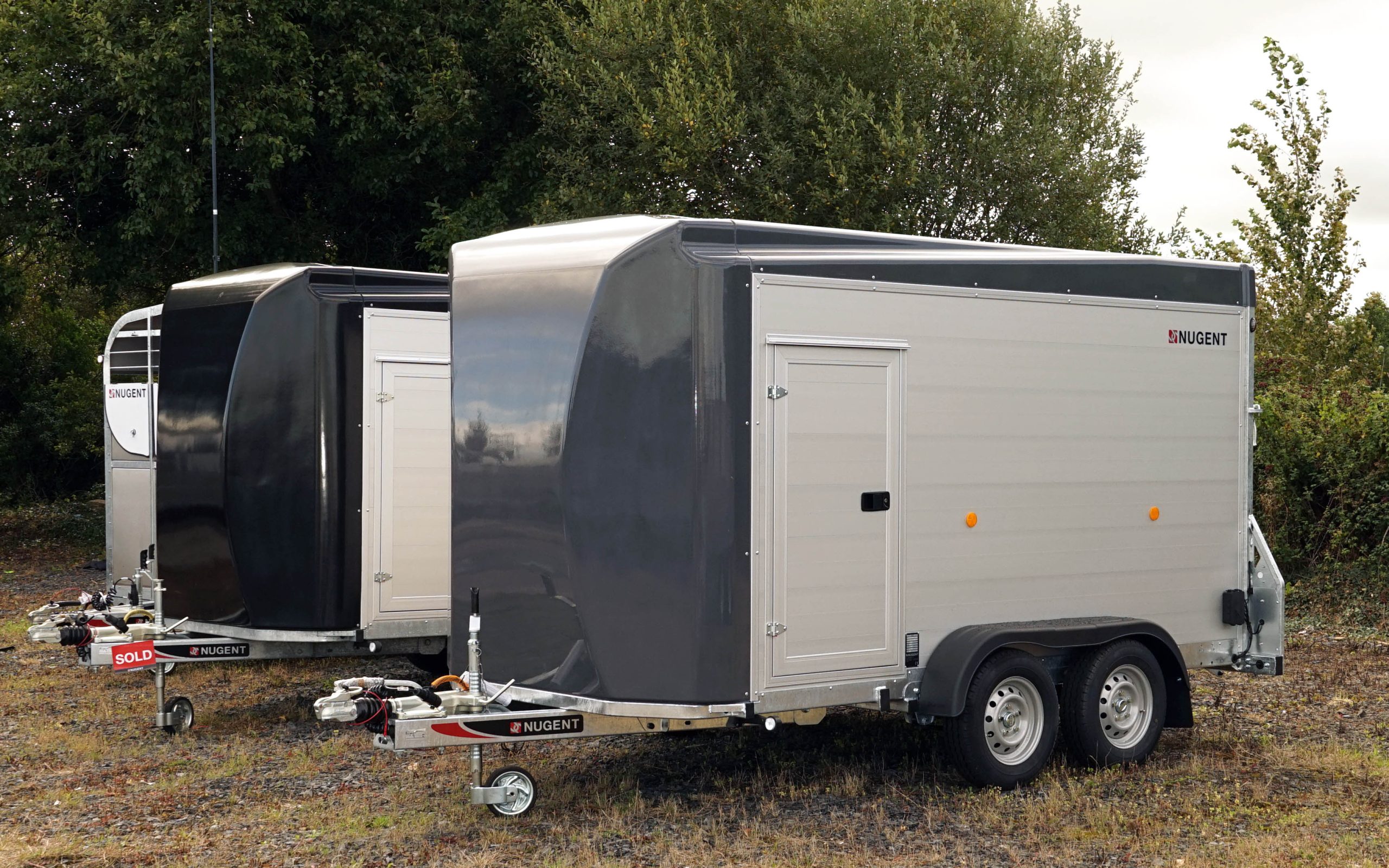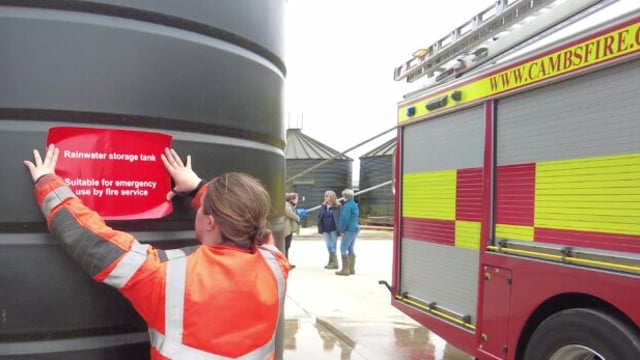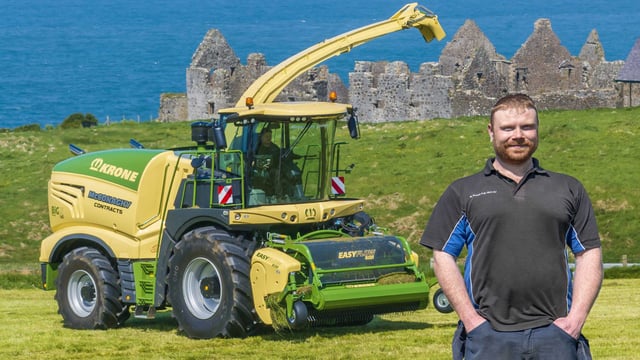Nugent Trailers' Shannon depot boosts sales and service
It is unlikely that many farmers or builders will put as much energy of thought into road trailers as perhaps they ought, so it is left to manufacturers such as Nugent to sit down and do the thinking for them.
Road trailers are considered fairly basic items, so it might seem that the subject is fairly well settled by now.
However, thanks to a process of continual evolution, Nugent has grown from its beginnings in a farm shed in 1983 to employing 240 staff today, mostly working at its Co. Tyrone base.
This does not come about by accident, but by application and constantly seeking to improve the product, so much so that Nugents now produce 120 trailers a week, with 15% of the factory's production exported outside of the UK and Ireland.
Suspension is key
Yet there remains one constant throughout all this, and that is the company's belief that the humble leaf spring is by far a better option than four rubber blocks crammed into a square tube - the principle behind most trailers with independent suspension.
Nugent claims that it is this basic design feature which gives its trailers the robustness and longevity that have become a hallmark of the brand.
Not only has Nugent used the leaf spring since the company was set up, but has even improved upon it with its patented Dual Drive mounting.
This involves the insertion of a rubber block at the tip of the spring, which acts as a secondary damper and greatly reduces the vibrations and shaking induced by the road surface.
Removing these shudders is said to minimise the stress on both the trailer and the towing vehicle as well as offering a smoother ride for stock.
It has the further benefit of eliminating much of the clattering normally associated with towing trailers around, especially when empty.
Nugent's Shannon Depot
As part of its expansion, Nugent took on a new premises at Shannon Airport to serve the southern part of the country in 2019, which is run by Catherine Nugent, daughter of the founder.
The role of this depot is to sell and service the company's products in addition to providing a back-up stock for its dealers, allowing them to rely upon it to hold the less common trailers or models - products they would not normally hold in their own yard.
This might seem to fall foul of the old adage of never compete with your own customers, but Nugent does not undercut dealers on price and, going back to the ability to hold a more complete range, it can immediately fulfil a customer's needs and so keep a sale that may go elsewhere.
It is a system that works according to Catherine, who said that dealers have come to accept that the Shannon depot is there to support rather than compete with them.
Market divisions
Nugent split the the market into three main segments: agricultural; construction; and commercial, although there is a tremendous overlap and no hard lines can be drawn between them.
At the lower end of the scale come the unbraked trailers with a maximum gross weight of 750kg, all that is allowed on a standard car licence.
These are classed as commercial items and enjoy a strong demand from tradesmen to households.
There are also quad trailers available in this weight sector, representing the lightest of the farm trailers built by the company, weighing at just 360kg gross.
Nugent TDC
Farm trailers are also to be found at the highest end of the company's offerings with the newly launched series of TDC stock transporters, available in either 20' or 24' models.
Like the smaller trailers, these come galvanised throughout and ready for the road with all the lighting and braking requirements fully met and operational.
In between these two ends comes a large selection of livestock trailers, tippers, flatbeds, etc. All built to fill a particular need and designed under the same philosophy of longevity robustness and attention to detail.
Tyres, for instance, are all heavy duty and a spare wheel is often provided as standard, while the steel used is of a greater than gauge than competing makes.
Straps and fasteners
Another small but important feature is that tie-down points on certain ranges are mounted in the trailer bed, enabling loads to be strapped down without the straps pulling the trailer sides in, making it more secure and reducing damage to the sides, be they mesh or sheet steel.
Taildoor fasteners on the stock trailers are still of the screw type, simply because nothing better has yet been found to be as simple and robust, and Nugent have tried to develop an alternative.
Axle configurations will vary according to the weight-carrying capacity required and the desired safety margin of the owner.
Twin axles can easily accommodate 3.5t, the maximum allowed behind a light road vehicle, but tri-axle models are more popular in certain markets where farmers and builders feel happier with the extra assurance of a third pair of wheels.
Looking ahead, Nugent will continue to develop its range as market demands and requirements change.
The introduction of its two box trailers are evidence of this, and there is a suggestion that horse boxes may be another area where it sees an opening.

